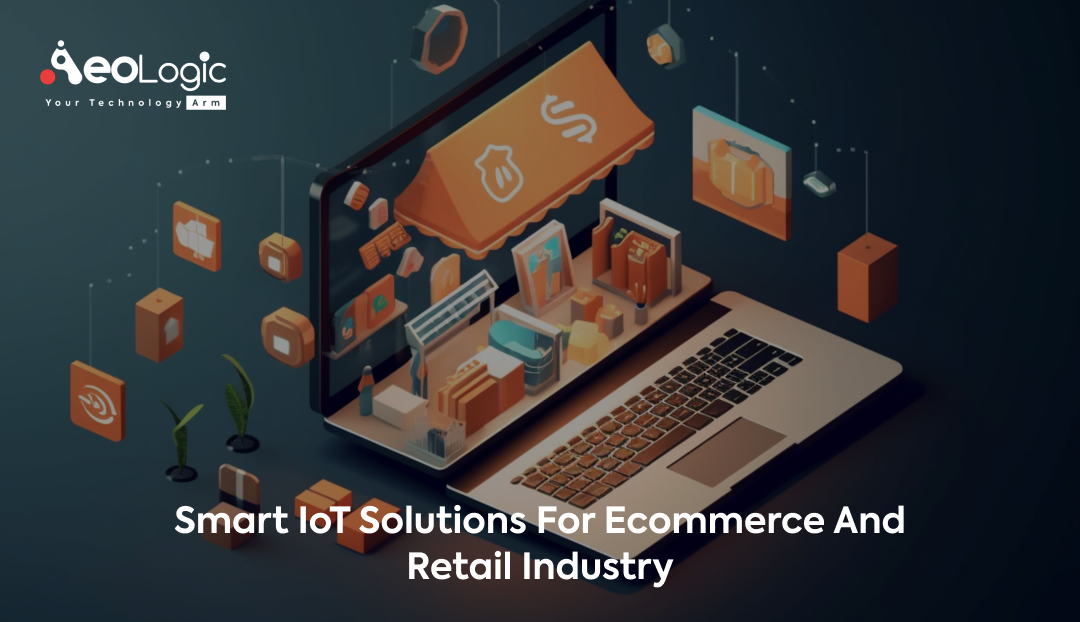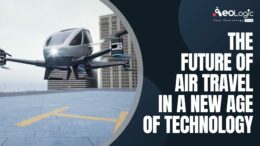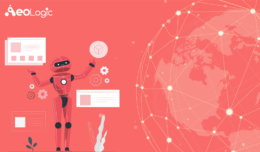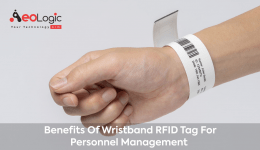The world is 24/7 connected today, and the emergence of IoT solutions for ecommerce and retail assiduity holds the implicit to make buying and selling goods and services easier for merchandisers and buyers. For instance, one retail business illustration is your voice adjunct at home enabled to order specified products for you as soon as your smart refrigerator sends an announcement. It may also order a bulb for your home as soon as it stops working. Yet, it all depends on the number of connected bias and appliances you have at home.
Also read: 10 Technologies Leading Digital Transformation In Retail
Applications of IoT Solutions for Ecommerce and Retail Industry
Retailers are embracing retail IoT solutions for ecommerce to ameliorate the consumer experience worldwide. The revolution of IoT offers openings to retailers and e-retail in the following areas
Inventory Management System
Retail IoT solutions for ecommerce allow businesses to streamline their operations. The tracking and running of supply come more accessible by covering connected products. Innovative retailers introducing retail IoT results are equipped with storehouse inventory operation software that’s traceable in real- time; the data cautions the manufacturers of low and slow moving stock. The detectors and RFID markers make it easier to manage the inventory in real time. In addition, there’s a reduction in manual faults as the system automatically stores all other information without manual intervention.
With the help of IoT in retail, managing inventory has come more accessible. For example, as introducing smart shelves that inform about overstock and under stock. Also, there are temperature monitoring detectors and other detectors that examine the forklifts and other conservation issues. Thus, an efficiently managed inventory ensures the vacuity of products to consumers on time.
Logistics
It’s just possible because of effective and efficient logistics. Technologies similar as RFID and GPS allow tracking of every payload stage, including weather and journey. But, there can be an unforeseen hold in the payload occasionally. We all have been facing similar delays for the past time due to lockdowns in this epidemic. All thanks to the retailers who kept us streamlined about the delivery status. All this was possible with the help of internet of things in retail, which sends automated dispatches about the payload. In logistics also, detectors can be stationed as per the need.
For case, temperature control detectors in the delivery van of frozen products inform drivers as soon as the foods start warming. It enables him to take action on time. Hence, planting retail IoT solutions for ecommerce ensures smooth transportation of products as the success of any e-retail business demands continued and flawless supply chain operation. The detectors and sensors track every step in conveyance to deliver products safely.
Customer Experience
The Internet of things connects retailers to consumers through e-retailing like no way ahead. Every shopping experience can be a digital experience. It has given rise to the “ Internet of Me ”, which is about a one off network. It describes how businesses produce specifically designed, structure, and customized products for an existent. This way, retailers can separate themselves from their challengers in front of customers. Some brands are working hard on it by gathering as important data as possible about the consumers and implicit consumers.
It helps them in offering a individualized experience for client satisfaction and engagement. Hence, planting IoT in e-retail can give important information about consumer experience. It enables businesses to be ahead of challengers in approaching the target group. The information gathered should also be about shopping habits and preferences to produce suitable marketing campaigns at individual situations.
Supply Chain Management
With the help of the “ Industrial Internet, ” data is directly transferred from products to retailers. It helps identify the product issue indeed before it reaches the client. Also there’s data visualization technology which enables the workers to track the whereabouts of the products in the supply chain. The price change is incontinently done grounded on product elevations, demand, and development. A completely integrated pricing system enables pricing synchronization between shelves, registers, and channels. Through this, prices are vindicated constantly between e-retail and brick & mortar stores.
Marketing
Smartphones play the most pivotal part in the purchasing process. Participating a current illustration, we start getting substantiated dispatches from a food delivery or grocery app if we don’t order through them for an extended period. Those SMS and push announcements are reminders from the app that it’s been several days since you ordered commodity.
In addition, it offers special coupon codes and discounts to you for the following order. Now that’s what we appreciate occasionally. Nonetheless, utmost people would prefer to return to stores, If mobile apps and websites for e-retailing do not deliver what the user wants. Hence, IoT plays a significant part as it detects the device that belongs to an existent. It allows marketing to the existent as per the data collected. The targeted group’s daily conduct, shopping habits, and preferences are tracked and used to produce other marketing campaigns . IoT bias contain important information about customers. That’s why we see numerous substantiated announcements transferred our way.
Also read: Futuristic Technology Advancements in the Retail Industry
Conclusion
The IoT technology evolves drastically over time and extensively impacts e-retail and in-store shoppers. However, it is going to profit their consumers and the bottom line, if IoT technology is integrated into businesses. Also, for designers and developers, the basic substance of work lies in invention. A great user experience is essential for e-commerce, e-retail apps, or retail stores.
Get in touch with us to know more!







